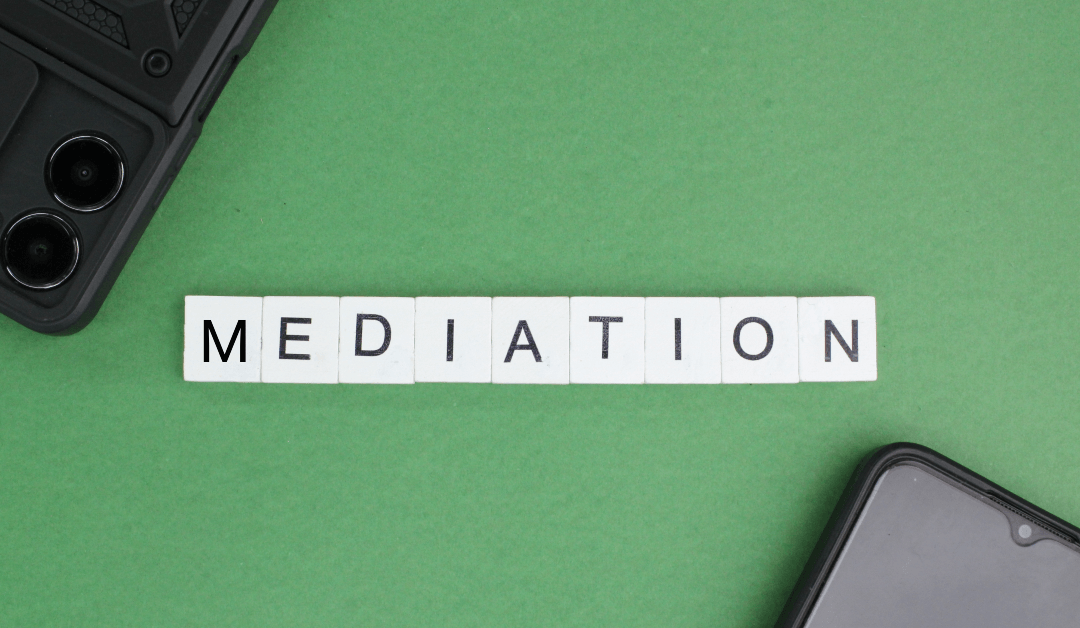Business disputes are an inevitable part of the corporate landscape. Regardless of whether they arise from contractual issues, harassment, or gender discrimination, it is vital to address them effectively. This is where the expertise of a seasoned harassment attorney, such as Mark J. Berkowitz, can be invaluable. Armed with the right knowledge and the assistance of a skilled professional, you can navigate the confusing world of dispute resolution. Let’s delve into the two main resolution methods – mediation and litigation – and how to choose between them.
Mediation: The Power of Cooperation
Mediation is a less adversarial dispute resolution method facilitated by a neutral third party, known as the mediator. This method emphasizes mutual understanding and collaboration to achieve a solution agreeable to all parties.
Pros of Mediation:
- Flexibility and Control: Mediation offers parties greater control over the resolution process and the ability to reach a mutually beneficial agreement.
- Confidentiality: Unlike court proceedings, mediation discussions are private and confidential, making it a preferable choice for sensitive issues.
- Cost and Time Efficiency: Mediation is generally less expensive and quicker than litigation, as it avoids lengthy court proceedings.
- Preservation of Relationships: As mediation is more cooperative, it can help maintain professional relationships, a key factor in ongoing business relationships.
Indeed, the collaborative nature of mediation offers a promising path for dispute resolution, emphasizing harmony, communication, and shared solutions. Now, let’s take a look at the other side of the dispute resolution coin – litigation.
Litigation: The Might of the Law
In contrast, litigation is a more formal, court-based resolution method. It involves a judge or jury who makes a legally binding decision based on the evidence presented.
Pros of Litigation:
- Finality and Enforceability: Litigation provides definitive outcomes with legally binding judgments. These can be enforced if one party does not comply.
- Legal Precedents: Court judgments set precedents for future similar cases, creating predictability in legal outcomes.
- Handling Complex Legal Issues: In complicated cases involving significant damages or complex legal issues like gender discrimination, litigation may offer a more comprehensive resolution.
Mediation vs. Litigation: Making the Right Choice
Choosing between mediation and litigation depends on your specific situation. If preserving relationships and confidentiality is crucial, mediation might be the best route. However, in more complex cases or where an enforceable judgment is required, litigation may be the better option. In any case, consulting with a knowledgeable harassment attorney can guide you toward the most beneficial path.
A noteworthy consideration when dealing with workplace issues, such as harassment or gender discrimination, is that mediation can provide a less confrontational and more collaborative environment to address these sensitive issues.
Navigate Dispute Resolution with Confidence
Conflicts and disputes are part and parcel of business. However, with the right resolution method and the expert guidance of a seasoned harassment attorney like Mark J. Berkowitz, these challenges can be overcome smoothly. The ultimate goal is to resolve disputes efficiently while safeguarding your business interests and preserving your professional relationships.
Whether it’s mediation or litigation, the decision doesn’t have to be daunting. Equip yourself with the right information and the right legal ally. Reach out to Mark J. Berkowitz, an experienced harassment attorney, today to help you select the most appropriate dispute resolution method for your specific circumstances.

